This is the second chapter in the Bible’s first 10 that functions simply as a family tree or ancestral document. It’s awfully difficult to get that for your daily reading and expect to walk away feeling filled. I admit, I struggled with it myself, and began searching everywhere for answers. I looked at specific words in the original languages, read commentaries, and then as a last resort, did what I always do when I don’t know what do with a passage. I tried asking questions.
It’s really important that we develop a habit of asking questions. It’s really the best way to learn. Let me give you an example. I know how to play guitar. In fact, I’ve taught several people now. I could walk up to person A and tell them “I’m going to teach you to play guitar” and as long as they’re willing, I’m sure we’ll achieve some measure of success. However, if person B walks up to me and says “I noticed that you play guitar, can you teach me?”, I have a pretty strong gut feeling about who is going to be more successful in the end.
My high school math and science teacher began every year with the same speech. It was about something he called “GANAS” which apparently means desire. He would write the word with big letters on the board and then proceeded to explain that too much is made of the ability to pick things up easily. “However”, he would say, “If you have GANAS, I can teach you.”
The same is true of God’s Word. How much we get out of it depends on our desire, and our desire for it is shown by the questions we ask of it.
So I came up with a question. If Noah’s sons proceeded from the Ark to populate the world, then which one of his sons did the line of Jesus come from? After all, I figured much is made of Jesus’ lineage and these records seem to be important enough to Jewish history that I assumed that information was available. We can begin our search with the book of Matthew where the bloodline of Jesus is recorded all the way back to Abraham in chapter 1. So, we simply need to know which line Abraham came from and that’s pretty easy by simply reading Genesis 11:10-26.
Jesus, and all Hebrew people come from the line of Shem. That name became the root word for “semitic” as in “semitic languages”.
So what can we take from all of this? Perhaps there is something we’re missing, and perhaps years down the road I will stumble upon something that causes me to look deeper and a light bulb will go off for me. But for now, I will lean on my favorite quote from Oswald Chambers,
“What we call the process, God calls the end.” – Oswald Chambers
Plainly put, the exercise of opening a chapter like this and anticipating or expecting God’s Word to reveal truth to us and not return void is perhaps the very point of any study of the Bible. Often it’s not about how much we learn, it’s about how much more we come to expect of it each time we open it. The more we get, the more we want. God’s Word is perhaps the only thing on earth that we can’t consume in excess. There is no chance of getting too much of it. It is food for the spiritually starving and that desire only increases once it gets a taste. Let’s stay hungry, and passionately desire the Word of God.
Oh, taste and see that the LORD is good! Blessed is the man who takes refuge in him! – Psalm 34:8
